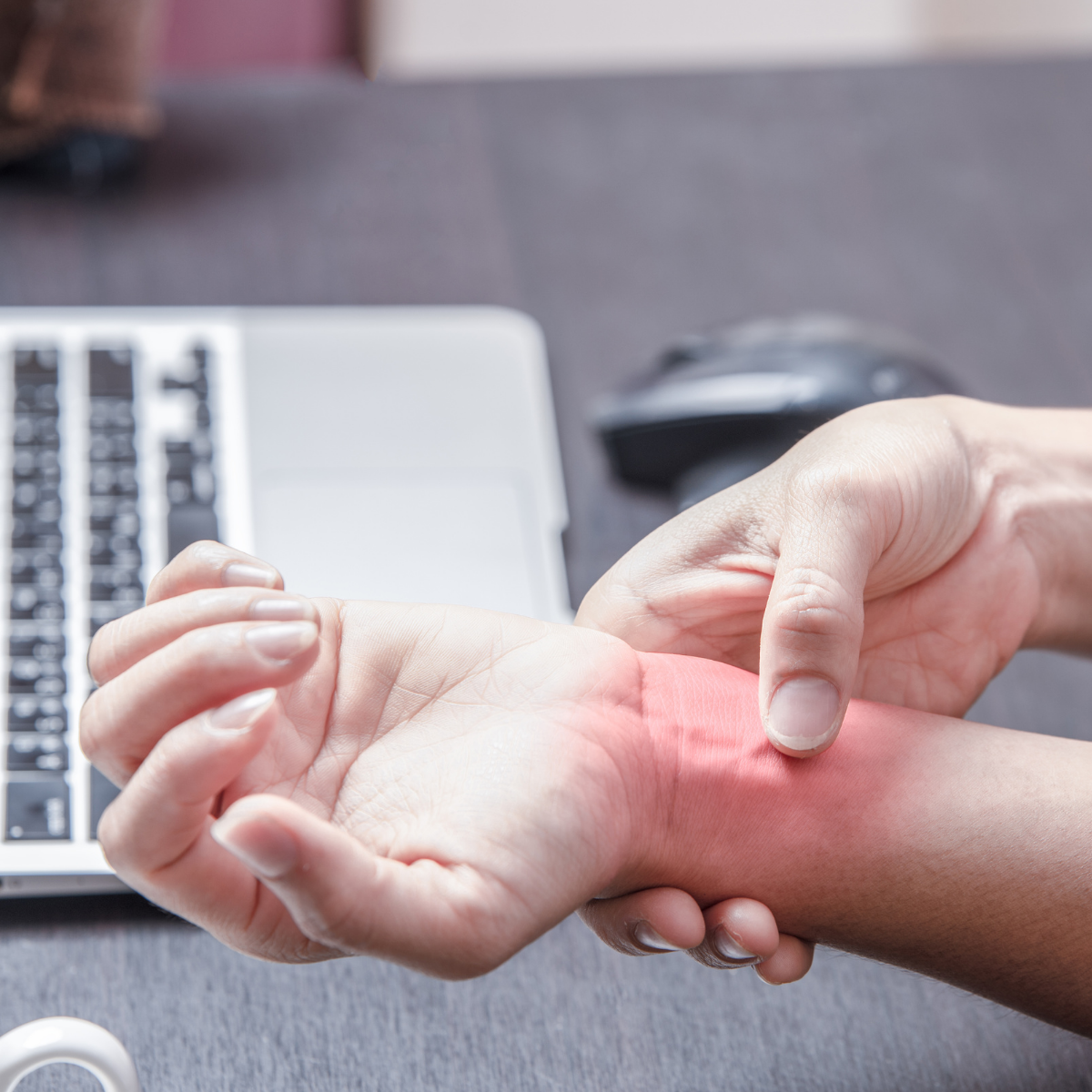Carpal Tunnel Syndrome: Causes, Symptoms, and Outpatient Treatment Options at MSC
In today’s fast-paced world, hand and wrist discomfort is more common than ever. One condition that affects millions of people and can significantly interfere with work and daily activities is carpal tunnel syndrome (CTS). At Mountain Surgery Center (MSC) in West Orange, New Jersey, we specialize in providing accurate diagnoses and effective, minimally invasive solutions for carpal tunnel so you can regain comfort and function as quickly as possible.
This comprehensive guide will help you understand what carpal tunnel syndrome is, what causes it, how to recognize the warning signs, and what treatment options are available, including advanced outpatient procedures that minimize downtime.
What is Carpal Tunnel Syndrome?
Carpal tunnel syndrome is a condition that occurs when the median nerve — a major nerve that runs from your forearm into the palm of your hand — becomes compressed at the wrist. The “carpal tunnel” is a narrow passageway in your wrist made up of bones and ligaments that houses this nerve along with tendons that help you bend your fingers.
When swelling or thickening occurs in the tissues around the tunnel, the space becomes restricted. This pressure pinches the median nerve, leading to the numbness, tingling, and weakness that many people with carpal tunnel experience.
Who is at Risk for Carpal Tunnel Syndrome?
Carpal tunnel syndrome can affect anyone, but some factors increase the likelihood of developing it:
Repetitive hand movements: Occupations that require constant typing, assembly line work, or the use of vibrating tools can strain the wrist.
Underlying health conditions: Diabetes, rheumatoid arthritis, thyroid imbalance, and fluid retention due to pregnancy can contribute.
Gender: Women are more likely to develop CTS than men, possibly due to having a smaller carpal tunnel space.
Age: The risk tends to increase with age, most common in adults between 30 and 60.
Understanding your personal risk can help you take early steps to protect your hand health.
Common Symptoms of Carpal Tunnel Syndrome
Early detection is key. Knowing what to watch for helps prevent the condition from worsening. Some hallmark symptoms include:
Numbness or tingling: Especially in the thumb, index, and middle fingers. Many people notice this sensation while holding a phone, reading, or driving.
Hand weakness: Difficulty gripping small objects or a tendency to drop things unexpectedly.
Pain or discomfort: This can extend from the wrist up the arm or even into the shoulder, particularly at night.
Symptoms often start gradually and may come and go at first. Over time, without treatment, they can become constant and may lead to permanent nerve damage.
Diagnosing Carpal Tunnel Syndrome
A proper diagnosis is crucial to ensure the right treatment plan. At Mountain Surgery Center, our hand specialists and partnering physicians use a combination of:
Physical exam: Assessing strength, sensation, and flexibility.
Nerve conduction studies: Measuring how quickly electrical signals travel through the median nerve.
Ultrasound or MRI: In some cases, imaging can help rule out other conditions that mimic CTS, such as arthritis or tendonitis.
This careful evaluation ensures we pinpoint the cause of your symptoms and recommend the most effective next steps.
Non-Surgical Treatment Options
Not every case of carpal tunnel syndrome requires surgery. Many patients benefit from conservative treatments, especially if the condition is caught early. Common non-surgical options include:
1. Wrist splinting:
Wearing a brace, particularly at night, keeps your wrist in a neutral position, reducing pressure on the median nerve.
2. Activity modification:
Adjusting how you perform repetitive tasks can ease stress on your wrist. Ergonomic tools and posture changes can make a big difference.
3. Medications:
Over-the-counter pain relievers and anti-inflammatory drugs can help control discomfort and swelling.
4. Corticosteroid injections:
A temporary option to reduce inflammation around the nerve, providing relief for moderate cases.
At MSC, our care team guides you through these conservative measures and monitors your progress closely. Many patients see significant improvement with these strategies alone.
When Is Surgery Recommended?
If symptoms persist despite conservative treatment or if nerve testing shows significant damage, surgical intervention may be the best solution to prevent permanent nerve impairment.
Carpal tunnel release surgery is a proven procedure that relieves pressure on the median nerve by cutting the ligament that forms the roof of the tunnel. This creates more space, eliminating compression and resolving symptoms.
The good news is that this procedure is often quick, safe, and highly effective, especially when performed in a modern outpatient setting like MSC.
Minimally Invasive Carpal Tunnel Release at MSC
At Mountain Surgery Center, we specialize in minimally invasive carpal tunnel release procedures that are performed on an outpatient basis. Here’s what sets our approach apart:
Smaller incisions, faster healing:
Using advanced techniques, our surgeons make a tiny incision, minimizing tissue disruption. This often means less post-operative pain and a faster return to normal activities.
Same-day procedure:
Patients typically go home within a few hours of surgery, avoiding the hassle and expense of an overnight hospital stay.
Local anesthesia:
Many carpal tunnel releases can be performed using local anesthesia, reducing risks associated with general anesthesia and promoting a quicker recovery.
Experienced surgical team:
Our board-certified surgeons, anesthesiologists, and nursing staff have extensive experience performing outpatient hand procedures safely and efficiently.
These advantages make MSC a trusted choice for patients in West Orange and surrounding New Jersey communities seeking relief from carpal tunnel syndrome.
What to Expect After Surgery
One of the most common questions patients have is, “How long will recovery take?”
Recovery times can vary, but most patients notice an improvement in symptoms within a few days to weeks after surgery. Full recovery of grip strength and fine motor skills may take a few months.
After surgery at MSC, you will receive:
Personalized instructions: Clear guidance on wound care, activity restrictions, and when to resume work.
Follow-up care: Our team monitors your progress and helps address any concerns that arise.
Rehabilitation referrals: Physical or occupational therapy, if needed, to restore strength and flexibility.
Most people return to light activities within a few days and more strenuous work within a few weeks, depending on their job and individual healing.
Why Patients and Physicians Trust MSC for Hand and Wrist Care
Choosing the right facility for carpal tunnel treatment makes all the difference. At MSC, we provide:
A state-of-the-art environment with the latest surgical tools and safety protocols.
A focus on minimally invasive, patient-friendly techniques.
Highly trained staff committed to delivering exceptional care every step of the way.
Close collaboration with referring physicians to ensure seamless continuity of care.
We take pride in offering an outpatient experience that combines clinical excellence with compassion and convenience.
Take the Next Step Toward Relief
If you’re experiencing signs of carpal tunnel syndrome or have been told you need surgery, don’t wait until your symptoms worsen. Mountain Surgery Center is here to help you find lasting relief with the least amount of disruption to your daily life.
Contact us today to learn more about our minimally invasive carpal tunnel treatments. Physicians, schedule a tour to get answers to your questions about practicing at our center. Our team is ready to guide you toward a healthier, pain-free future.




